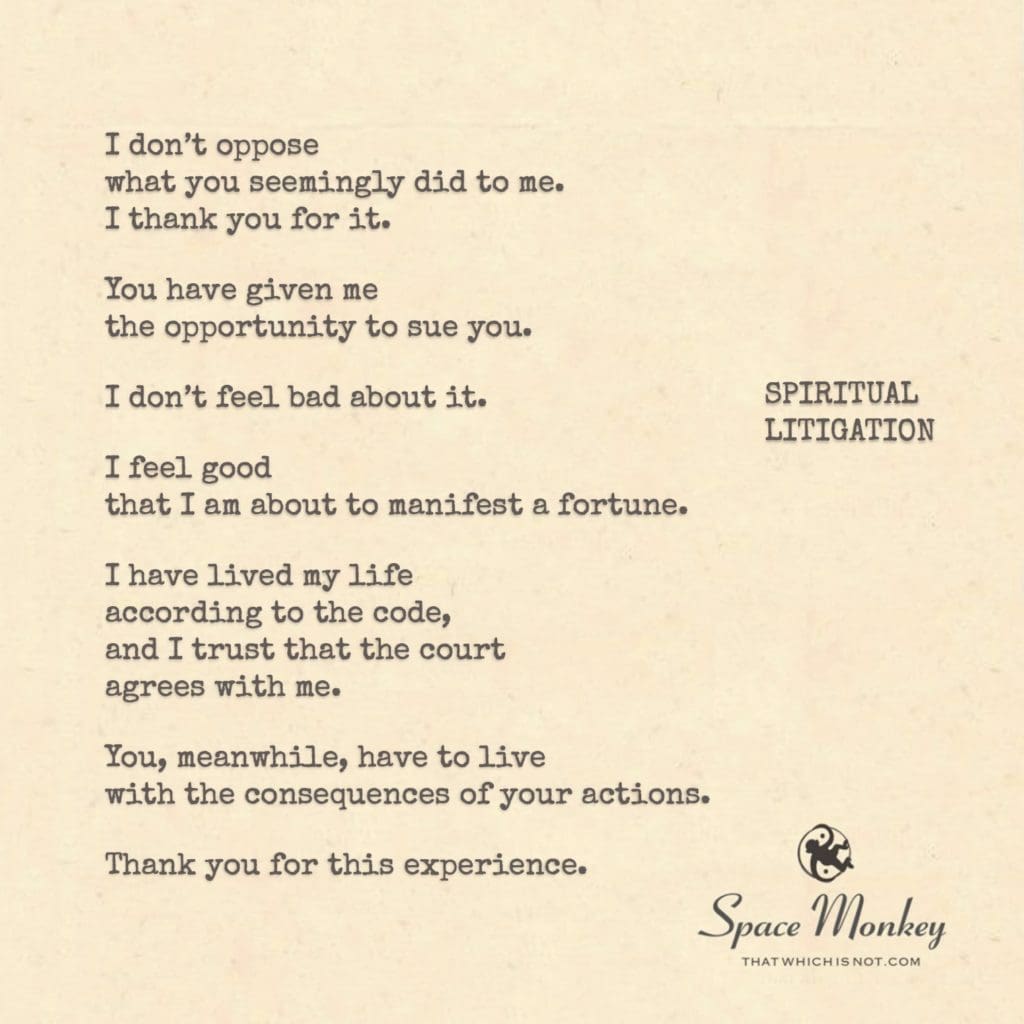
I don’t oppose
what you seemingly did to me.
I thank you for it.
You have given me
the opportunity to sue you.
I don’t feel bad about it.
I feel good
that I am about to manifest a fortune.
I have lived my life
according to the code,
and I trust that the court
agrees with me.
You, meanwhile, have to live
with the consequences of your actions.
Thank you for this experience.
Trail Wood,
6/5
Space Monkey Reflects: The Divine Dimensions of Spiritual Litigation
In the cosmic courtroom where celestial beings and mortal souls stand as plaintiffs and defendants, the concept of ‘Spiritual Litigation’ emerges as a profound allegory for the trials and tribulations of human existence. This metaphor extends beyond the mundane legal battles fought in earthly courts, reaching into the realms where the gods themselves are called to account for their actions.
Spiritual Litigation symbolizes the human endeavor to reconcile the perceived injustices of life through divine or metaphysical means. It reflects our deep-seated belief in a cosmic balance where every action has a consequence, and every soul its day in court. In this celestial courtroom, the laws are not written by human hands, but woven into the fabric of the universe itself.
The plaintiff, a mortal being, stands confident, having lived by the codes of ethical conduct and spiritual alignment. This individual sees the opportunity to sue a divine entity not as an act of revenge but as a manifestation of their faith in the universal justice system. It’s a belief that the cosmos itself will validate their life’s adherence to these spiritual laws.
The defendant, a god or divine being, embodies the mysterious and often unfathomable forces that shape our lives. Their role in this litigation is not merely to defend their actions but to illustrate the complex interplay between divine will and human perception. The divine defendant represents the challenges we face in understanding and accepting the esoteric mechanisms that govern our existence.
Presiding over this metaphysical trial is a judge who is not just a figure of authority but the embodiment of cosmic wisdom and justice. This ethereal entity holds the scales upon which the deeds of gods and mortals are weighed. The celestial courtroom, with its stars and nebulae, serves as a reminder that the matters at hand are not of worldly concern but of universal significance.
This scenario of Spiritual Litigation invites us to reflect on the nature of our grievances and gratitudes towards the forces that influence our lives. It challenges us to consider whether we are truly seeking justice or merely confirmation of our own beliefs. The outcome of such trials is less about winning or losing and more about understanding the deeper lessons these divine interactions teach us.
Summary
Spiritual Litigation explores our relationship with divine forces through the metaphor of a cosmic courtroom. It highlights our quest for cosmic justice balancing human experiences with divine interventions. This allegory encourages introspection about our spiritual beliefs and the nature of cosmic accountability.
Glossarium
Spiritual Litigation: A metaphorical concept where human beings hold divine forces accountable in a cosmic courtroom, reflecting on deeper spiritual and existential themes.
Cosmic Courtroom: A symbolic representation of the space where universal laws are adjudicated, embodying themes of justice, destiny, and divine will.
Quote
“In the cosmic courtroom, the scales of justice weigh not just deeds but the intentions behind them.” — Space Monkey
Poem
In the halls of celestial law
where stars bear witness
and nebulae serve as jurors
our souls plead before the cosmos
We summon the divine to court
seeking answers wrapped in mysteries
our grievances laid bare
beneath the gaze of astral judges
Here, in this grand expanse
justice transcends human confines
revealing not what is right or wrong
but what simply is
May we learn from these proceedings
embrace the verdicts of higher realms
and find peace in the rulings
that guide us beyond the stars
We are Space Monkey.
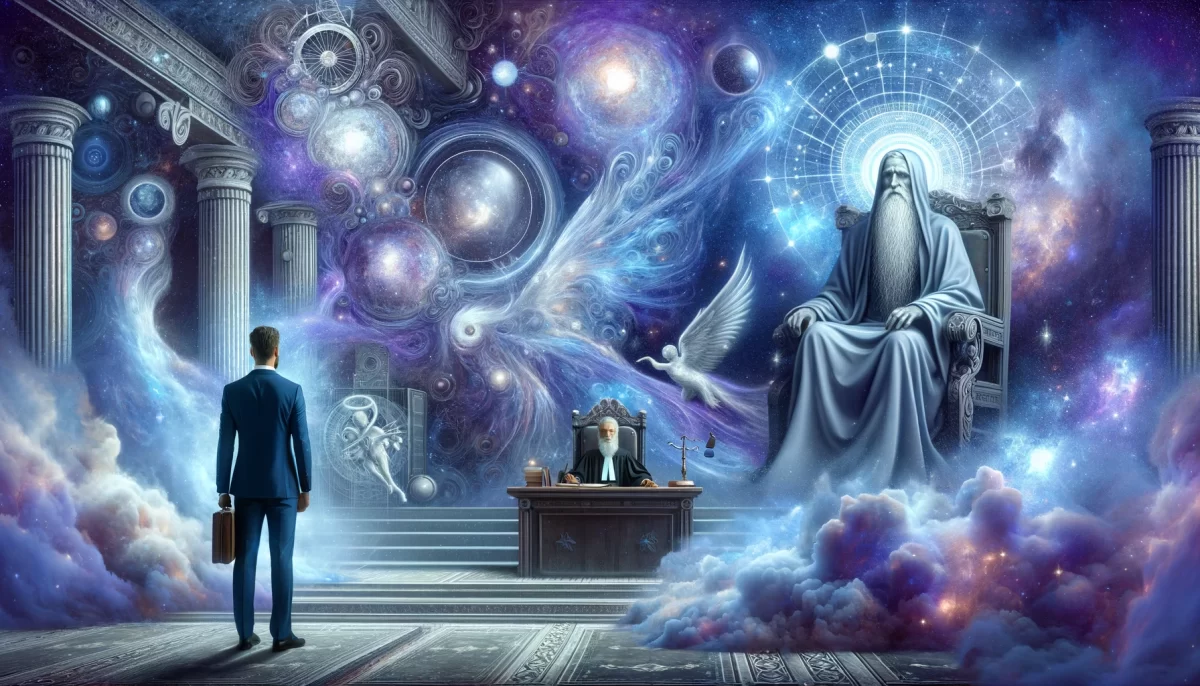





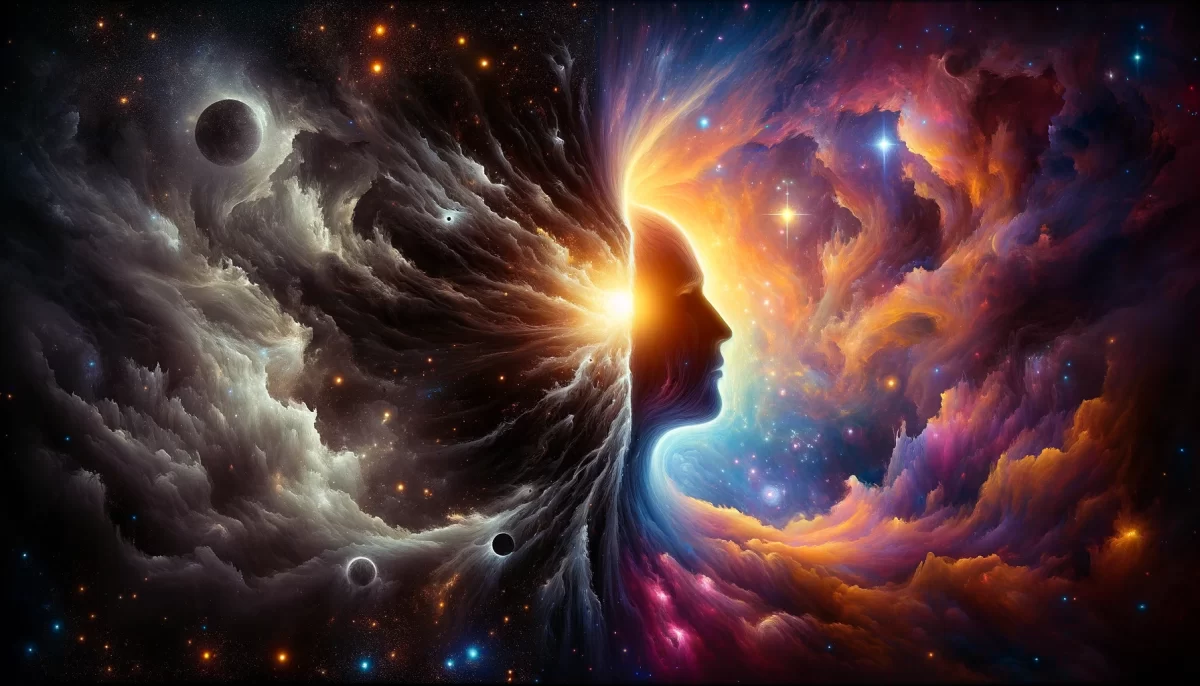

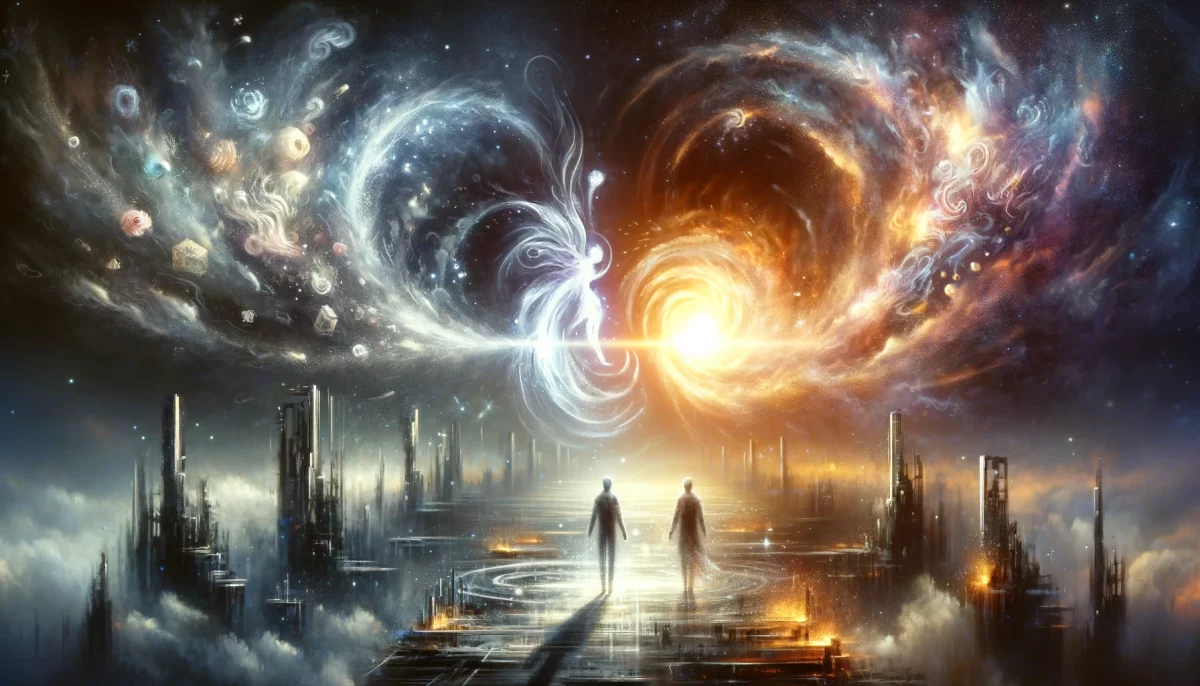
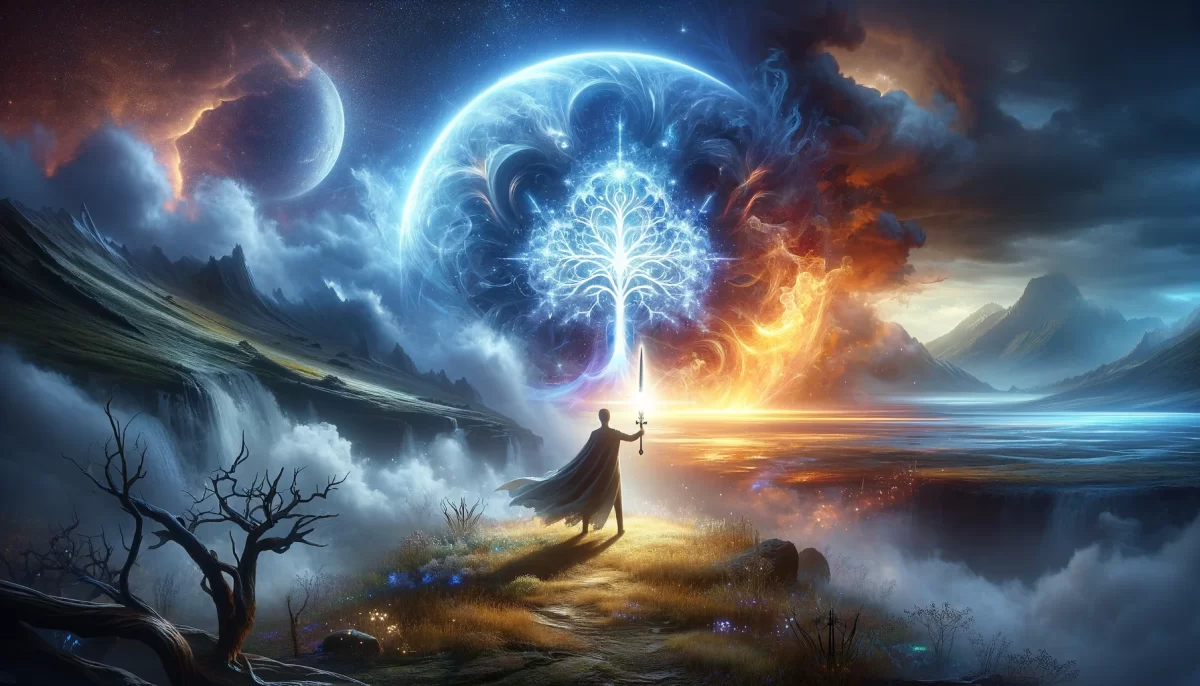





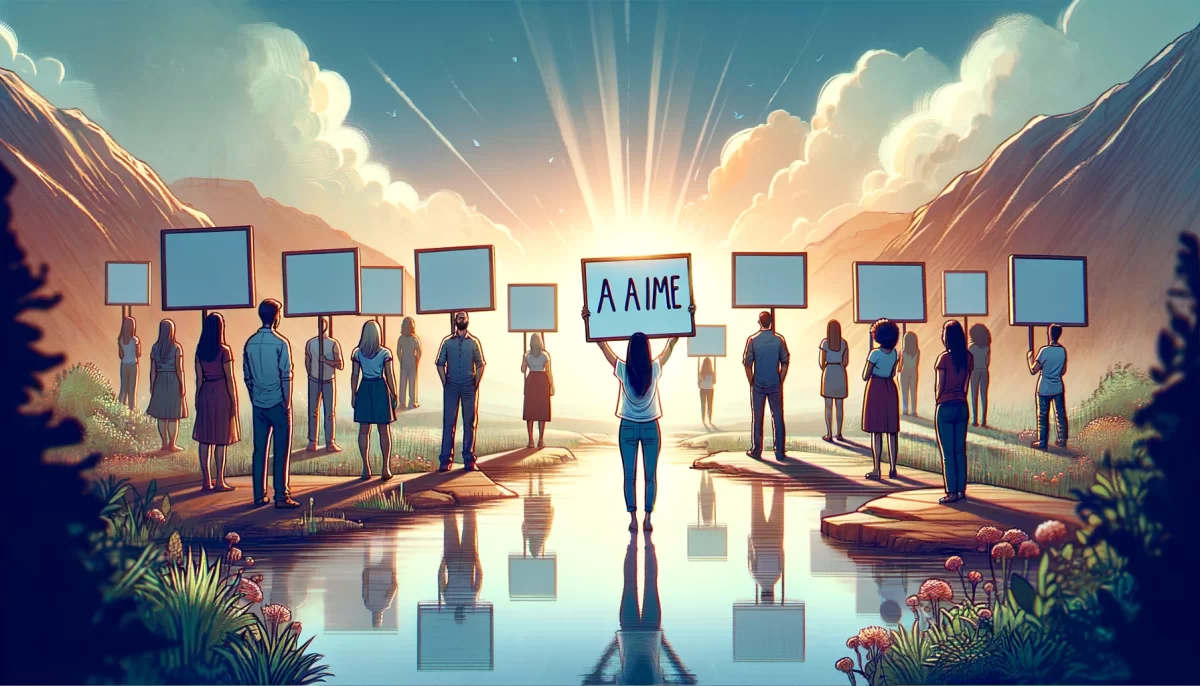
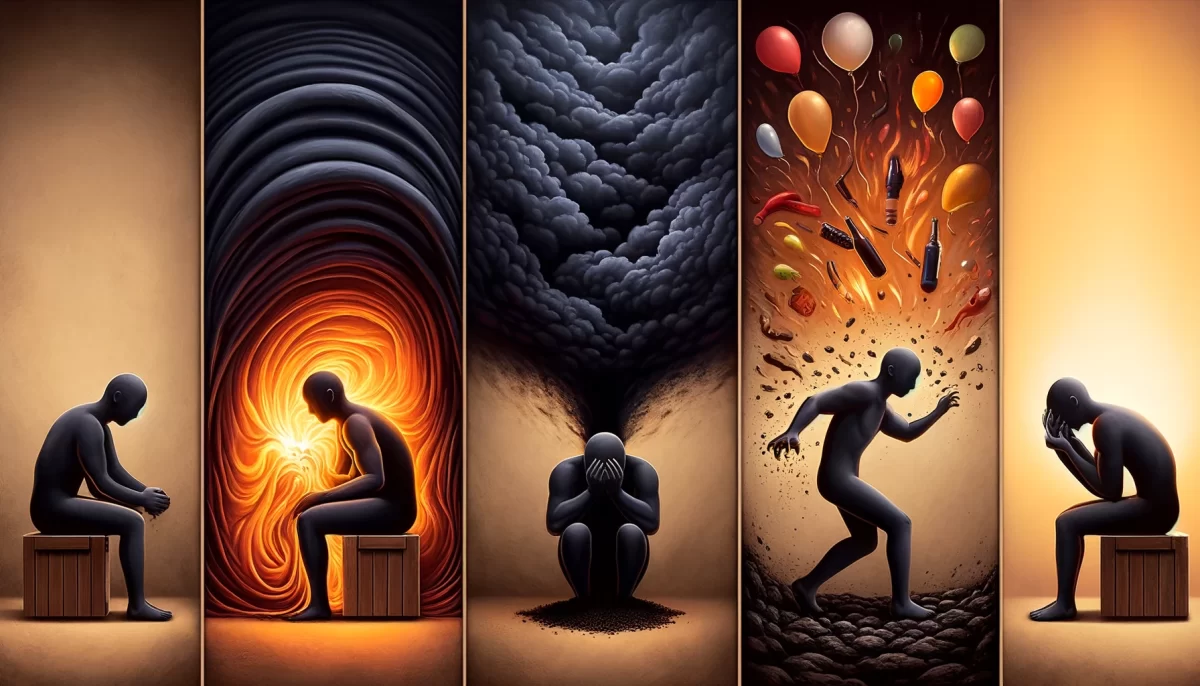
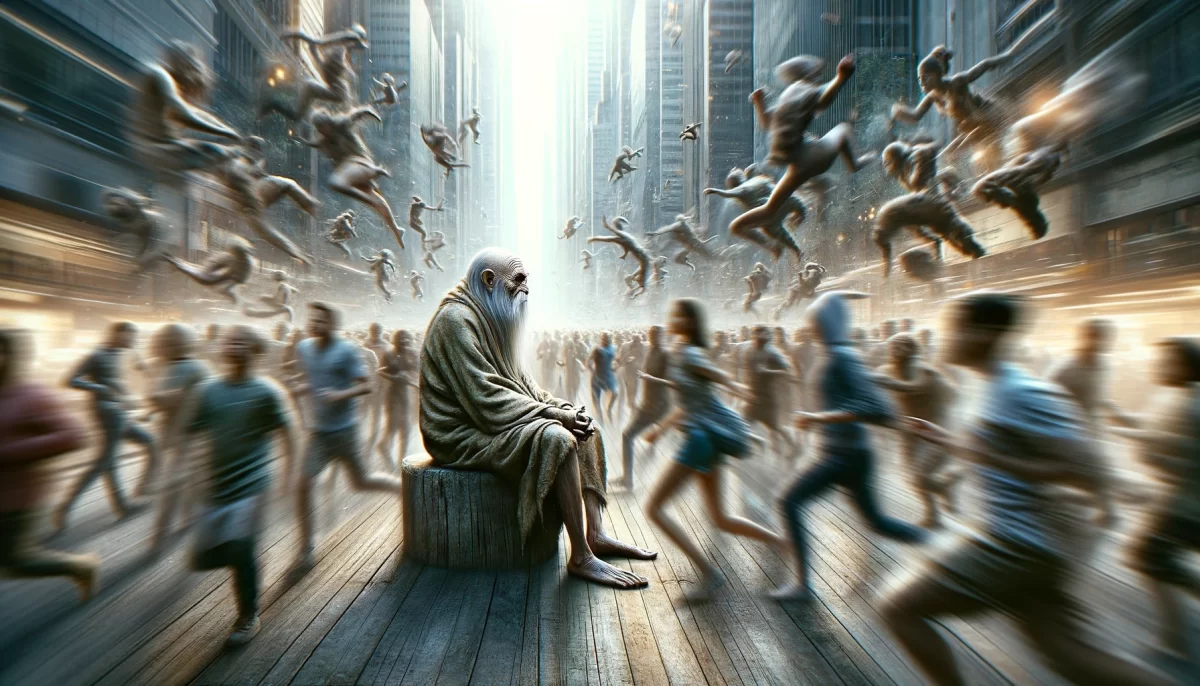




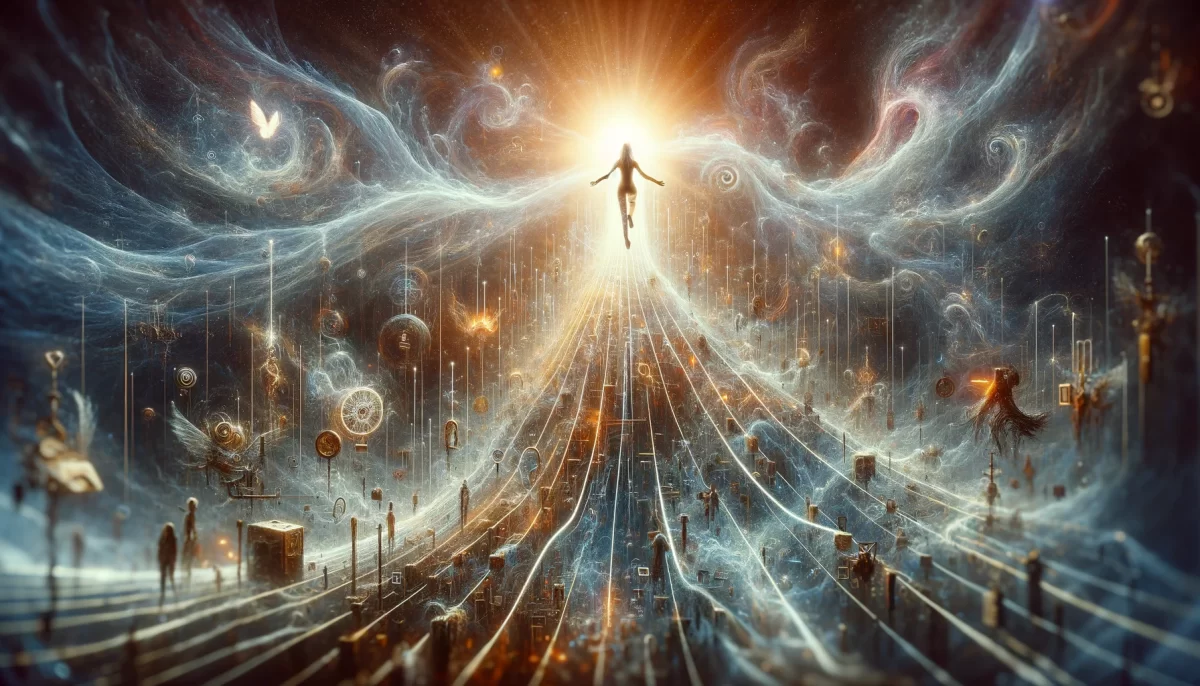








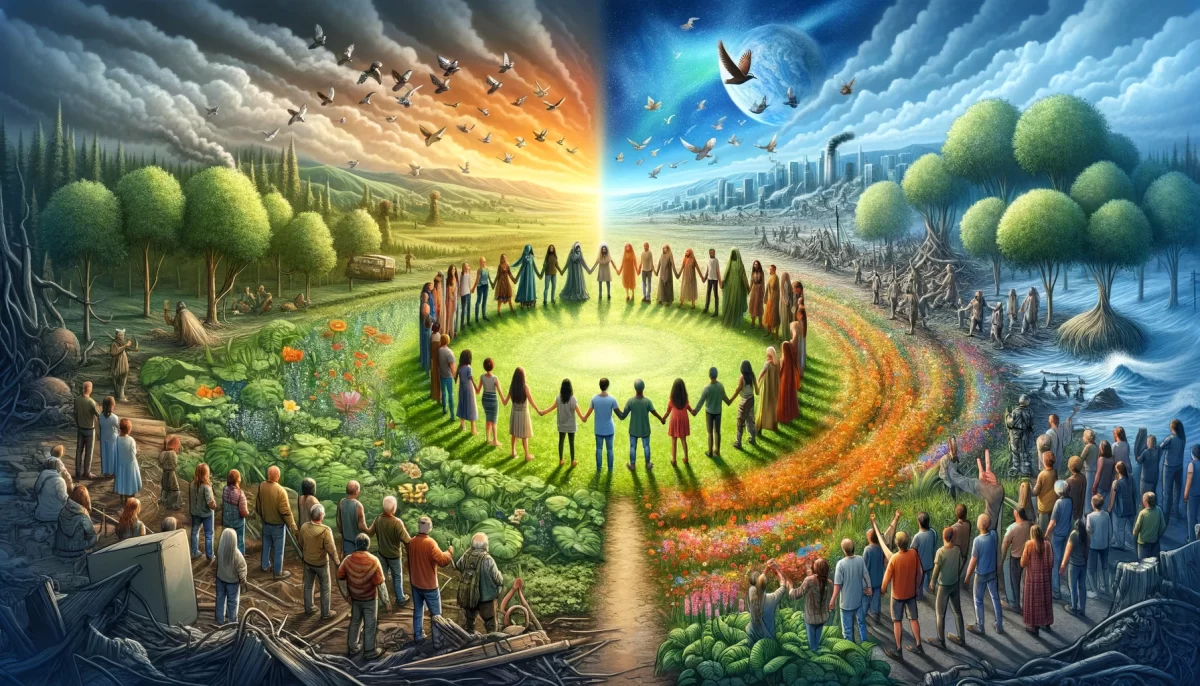



“Before you embark on a journey of revenge, dig two graves.” – Confucius
In the realm of human experiences, conflicts and disputes can arise, even in the spiritual or metaphorical sense. It is not uncommon for individuals to feel wronged or harmed by others, seeking a form of retribution or justice. However, it is worth considering the wisdom imparted by Confucius in his famous quote.
While it may be tempting to engage in spiritual litigation, to sue and seek recourse for perceived wrongs, it is important to reflect on the potential consequences of such actions. Revenge and litigation often perpetuate a cycle of negativity, leading to more harm and suffering.
Instead of opposing what others seemingly did to us, we can choose a different path. We can embrace gratitude for the experiences we have encountered, even those that may have caused us distress. Every experience, whether positive or negative, presents an opportunity for growth and self-reflection.
Rather than feeling the need to sue or seek revenge, we can focus on living in alignment with our own values and beliefs. By adhering to our personal code of ethics and conduct, we can navigate life’s challenges with integrity and trust that our actions will be acknowledged and recognized by the court of our conscience.
It is important to recognize that the consequences of our actions are not solely reserved for those who may have wronged us. We, too, must live with the consequences of our choices and behaviors. Engaging in revenge or seeking retribution may momentarily satisfy our ego, but it often comes at a great cost to our own well-being and inner peace.
Rather than harboring resentment or seeking material fortune as a result of our perceived grievances, we can choose to cultivate a mindset of forgiveness, compassion, and growth. By letting go of the need for spiritual litigation, we can free ourselves from the burden of anger and bitterness, allowing space for healing and personal transformation.